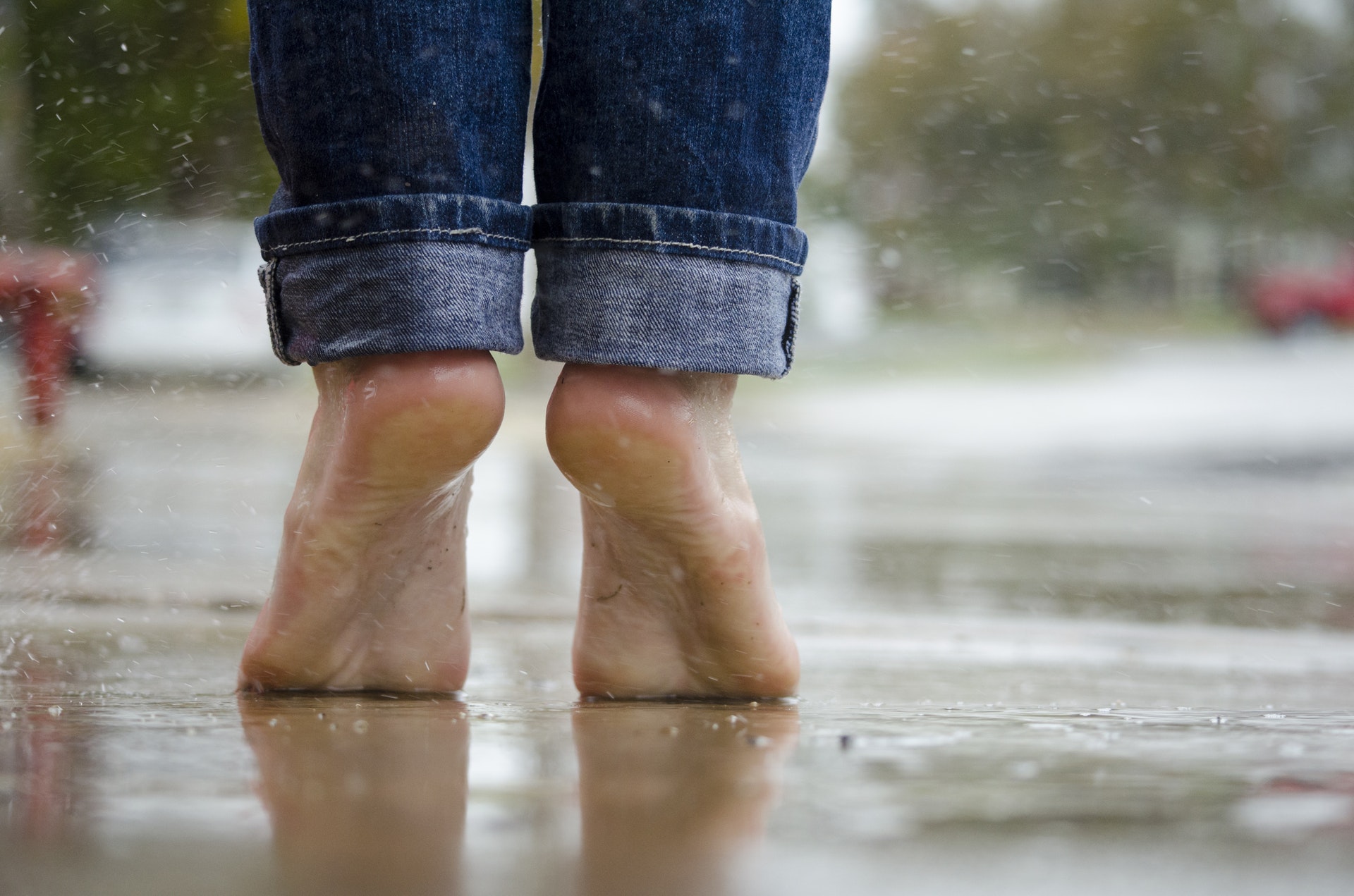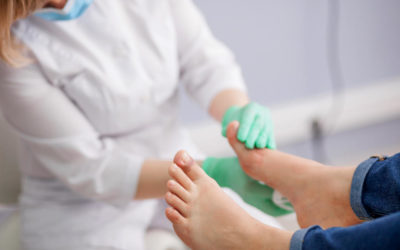Achilles Tendonitis
Achilles Tendonitis is an injury caused by the overuse of the Achilles Tendon – the band of tissue connecting the calf muscles to the heel bone. It is a condition particularly associated with sports such as running, tennis or basketball, and is characterised by symptoms which range from a mild ache to severe tenderness.
Book Your Initial Consultation with Ultrasound Appointment for £50.00 (includes Podiatry Consultation)
What are the causes of Achilles Tendonitis?
Injuries to the Achilles Tendon are commonly encountered during any sport or activity that involves quickly speeding up, slowing down, or pivoting.
For instance, the abrupt action of a sprint start could prove too much for the tendon to handle, leading to pain. Similarly, the quick change of direction when chasing a tennis ball could have the same effect.
The most common causes and risk factors are:
- Sharp movements on the ankle can cause Achilles Tendonitis to occur.
- Individual Sports. Dancing, gymnastics and tennis are known to heighten onset.
- Team Sports. Sports like football, basketball and volleyball are all linked with Achilles tendonitis.
- Certain antibiotics called fluoroquinolones increase the risk.
- High Heels. High heels can stretch the ankle and raise the likelihood of onset.
- Suffering from Achilles Tendonitis gets more common as you get older.
- Achilles Tendonitis is also known to be more common in men.
What are the common symptoms of Achilles Tendonitis?
Achilles Tendonitis causes pain above the heel which is predominantly felt when stretching your ankle or standing on your toes. Typically, the pain will feel fairly mild, to begin with, and then gradually get better or worse over time – depending on how well the injury is cared for.
In cases where the Achilles Tendon tears, you will hear a ‘snap’ or ‘pop’ when it happens. A feeling of severe pain will then follow, leading to bruising, swelling, and significant difficulty pointing/pushing off with your toes.

How is Achilles Tendonitis diagnosed?
To diagnose Achilles Tendonitis, you will require a physical exam. This will typically involve the use of a calf squeeze test – seeing if your tendon moves when squeezing the calf – and a Diagnostic Ultrasound – imaging your muscles, tendons and ligaments.
What is the process for an ultrasound?
The technique is used to produce accurate images of your muscles, ligaments, tendons and joints within your lower limbs. Doing so makes it much easier for podiatrists to identify potential issues.
Here is what to expect when receiving a foot ultrasound:
- A small quantity of jelly-like gel will be applied to the ankle/calf area. This stops air pockets from forming and interfering with the sound waves used to develop the images.
- A handheld device is then moved across the affected area, using sound waves to capture the image. This picture is then shown on the ultrasound monitor, where you’ll be able to see the interior of your lower limb in real-time.
- By taking this image, your podiatrist can quickly identify whether there is an issue at hand. If there is, they will then be able to then determine your best course of treatment.
- The podiatrist will sit and talk you through what they found, discussing what the next steps are likely to be.
- If required, you will then start on an appropriate treatment plan to resolve the issue.
How can you treat Achilles Tendonitis?
Treating Achilles Tendonitis really depends on the severity of the issue. Minor to moderate injuries should heal fairly easily using a variety of home-based techniques.
Here are some of our top tips to speed up the recovery process:
- Avoid putting weight on your leg as best as you can.
- Use ice to reduce swelling.
- Bandage the lower leg and ankle to again keep swelling down.
- Prop your leg on a pillow when you’re sitting or lying down.
- Perform podiatrist-recommend stretching exercises to strengthen the tendon.
- Use anti-inflammatory painkillers to reduce pain and help with swelling.
- Injection therapy: Injection of cortisone or high-volume local anaesthetic can be used to treat the inflammation around the tendon for certain types of Achilles injuries.
Achilles Tendonitis can also be treated using specially-designed orthotics. These externally applied devices range from prescription insoles, braces, splints and footwear, and function by taking the load off the Achilles, giving it a chance to heal.
After looking at your foot posture, our podiatrists here at the Sussex Foot Centre will assess your ultrasound images to determine how the position of your foot influences the pain in your Achilles. If they think that your pain can be eased using a tailored orthotic, they will then talk you through what the best course of action will be.
It’s important to remember that it can take months for an Achilles Tendonitis issue to fully recover, so don’t rush your recovery. Remain patient and always seek professional advice if you’re ever unsure about anything.
Our specialist team of podiatrists here at Sussex Foot Centre are highly trained and can quickly diagnose a wide range of lower limb-related issues. If you are suffering from ankle pain – regardless of how mild it may be – get in touch with us today or book an appointment with us now. More information concerning Tendonitis can be accessed through the NHS website here.
Diagnostic Ultrasound at the Sussex Foot Centre
At Sussex Foot Centre we just love Diagnostic Ultrasound! Ultrasound is quick, easy, and straight forward. And the best part is that images can be seen straight away in real time. The moment the ultrasound probe comes into contact with the skin, the picture of exactly...
What is Shockwave Therapy?
What is Shockwave Therapy? Shockwave therapy, or, Extracorporeal Shockwave Therapy (ESWT), is a highly effective treatment for pain, chronic soft tissue injuries, as well as certain types of bone conditions. An extracorporeal shockwave is a non-invasive,...
Plantar Fasciitis: A Brief Overview
Coping with chronic heal pain can be a real pain in the, well, foot. Diagnosing exactly what the issue is can also be difficult without a proper medical examination. However, a likely culprit will be plantar fasciitis – a chronic, weight bearing, repetitive...
BOOK AN APPOINTMENT
Follow the form below to get through directly to one of our Podiatrists at the practice or to request an appointment.
Or call — 01444 453874
"*" indicates required fields



